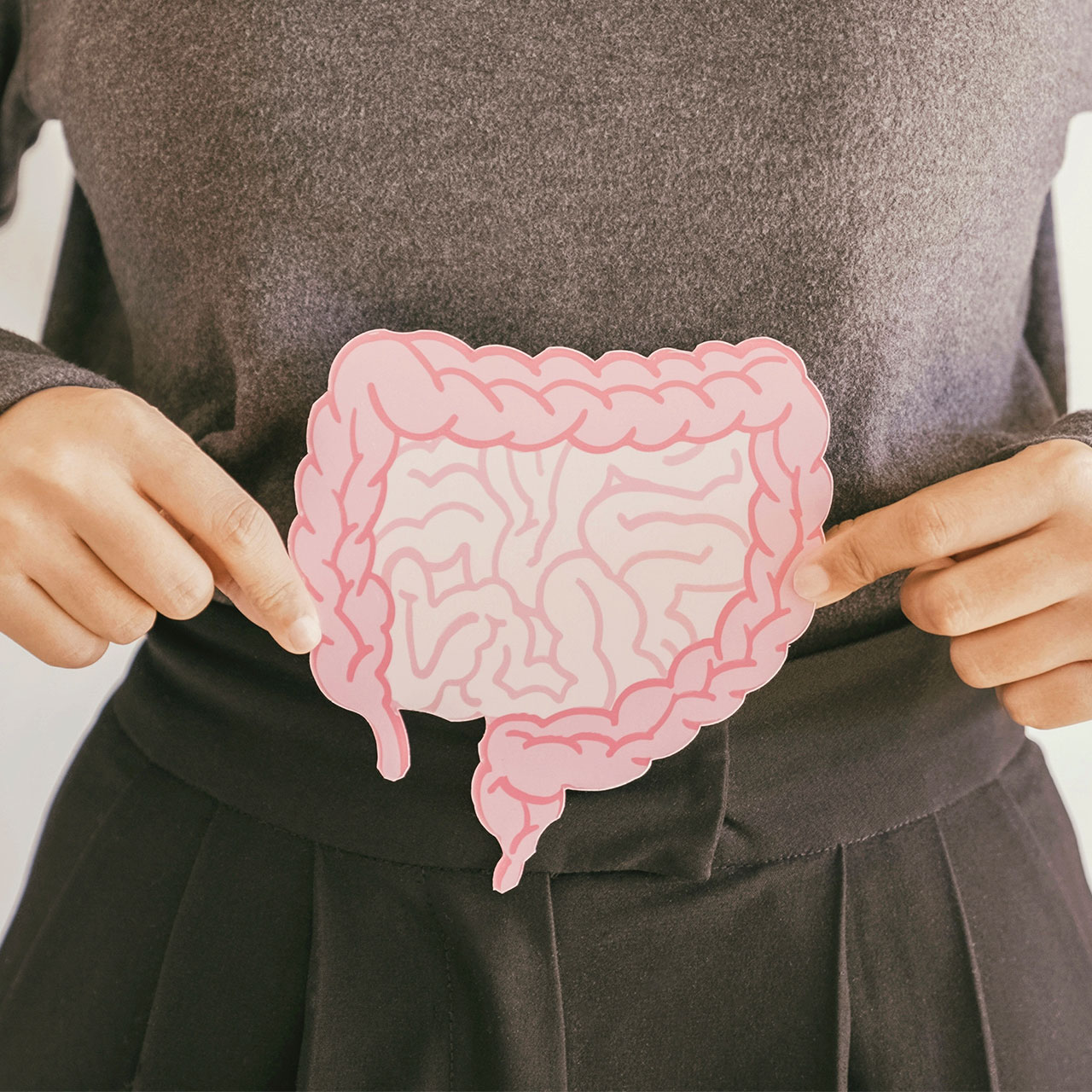Whether we’re scrolling through social media in the wee hours of the night or up late streaming a show, using technology when we should be sleeping is a bad habit many of us have acquired over time. While it may seem impossible to fully log off and put our phones down for an adequate amount of time before hitting the sheets, health experts recommend doing so if healthy weight loss is your ultimate goal. Staying up rather than sleeping more, they explain, can deter your ability to lose weight and might even lead to more hunger and overeating.
We checked in with doctors and health experts to learn more about how this nighttime mistake affects weight loss and for advice on overcoming it. Read on for tips and suggestions from Dr. Ellen Vora, M.D., board-certified psychologist and sleep and emotional health expert at Calibrate, Dr. Abhinav Singh, M.D., FAASM, medical review expert at Sleep Foundation and medical director of the Indiana Sleep Center and Megan Joy Brynok, FDN-P, CPT, RDMS, RVT, functional nutrition practitioner and holistic GI and hormone specialist.


How Staying Up On Your Phone Can Deter Healthy Weight Loss
Throughout the day, sleep impacts our appetite, cravings, and our cortisol or stress hormone levels, which in turn impact insulin sensitivity and fat distribution, Vora explains. “Sleep impacts our appetite by affecting the balance of two important hormones: leptin and ghrelin,” she says. When we get enough sleep, Vora adds, these hormones help us “maintain a state of metabolic balance.” When we’re chronically sleep deprived, however, that “influences these hormones in a way to promote cravings for sweets and carbohydrates and to promote insulin resistance and fat deposition,” she notes.
With that said, there’s no denying that screens can heavily impact our sleep. “Phones are designed to be addicting, especially when we consume endless content and media,” Vora says. “This puts our bodies in a stress response, making it difficult to fall asleep.” This, she explains, then affects our ability to lose weight as we may become hungrier the longer we are awake.

In our modern day and age, there are many habits we’ve all become accustomed to that are not in alignment with our body’s 24 hour-biological clock, or our circadian rhythm, Brynok agrees. “The habit of staying up on our phones after the sun has gone down is wreaking havoc on our weight and overall health,” she says. “The artificial blue light [from our screens] transmits the message to our brain that it’s time to be awake, due to our light receptors that we have on our eyes and skin,” she continues. In response, Brynok says that our cortisol stays heightened at night, when it should be low, and this inhibits the secretion of melatonin, our sleep regulating hormone.
“By disrupting our circadian rhythm, therefore disrupting our sleep, our bodies are stressed out, imbalanced and confused, and in that state, the last thing they want to do is work with us on losing weight,” she says, dubbing losing weight a “stressful process on our body” as it is, (even with a consistent sleep schedule!)
Singh agrees, and adds that blue light in the evening has the potential of suppressing your natural melatonin rhythms and in effect, possibly delaying sleep onset. “Sleep loss is linked to memory impairment, poor mood, increased appetite (think obesity and diabetes) and reduced reflexes,” he says. “Increased reaction time and some studies have compared it to being worse than being intoxicated with alcohol,” which also won’t help your weight loss journey.

Even if just snoozing for a few more hours than usual, Vora notes that you might see a change in your appetite, mood, and feel less likely to reach for more snacks and help yourself stay on track for weight loss. “When we're getting adequate sleep, some important things happen, our body and brain can properly detoxify the metabolic waste products that accumulate over the course of the day,” she says. Vora stresses that our hormones that “modulate appetite and satiety arrive at a state of balance,” so we can make good choices at the table.
When we don't get adequate sleep, Vora reiterates, “our nervous system is forced to be in a sympathetic or stress tone, as it's relying on stress hormones to give us the energy to get through the day when we're running on fumes.” This, she repeats, leads to overeating, mindless snacking and reaching for more food than normally if you had gotten more sleep. Her advice is to “shut off your devices, including laptops and cell phones relatively early in the evening,” at least an hour before you plan to go to sleep. “Keep these devices out of the bedroom to avoid temptation, as well as disrupted sleep,” she concludes.


























